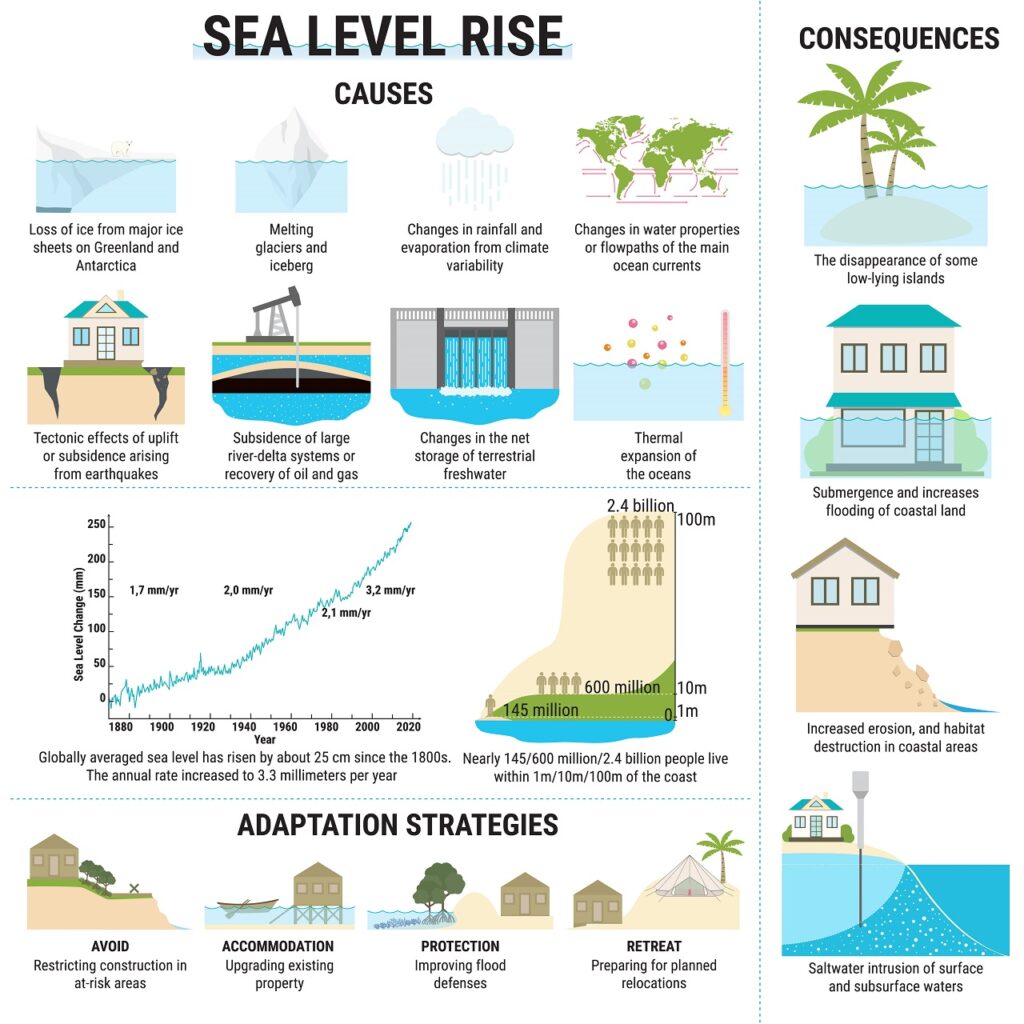The impact of rising temperatures on our planet is a growing concern, with numerous environmental, societal, and economic consequences. As global temperatures continue to increase due to human activities such as burning fossil fuels, deforestation, and industrial processes, the effects are becoming more pronounced and widespread. From changes in weather patterns to the loss of biodiversity, rising temperatures are having a profound impact on our planet.

One of the most noticeable effects of rising temperatures is the alteration of weather patterns. Heatwaves have become more frequent and intense, leading to record-breaking temperatures in many parts of the world. Extreme weather events such as hurricanes, floods, and droughts are also becoming more frequent and severe, causing widespread damage to infrastructure, agriculture, and human livelihoods. Rising temperatures are also affecting precipitation patterns, leading to changes in rainfall distribution, with some regions experiencing more frequent and intense rainfall, while others suffer from prolonged droughts. These changes in weather patterns can have a cascading effect on ecosystems, disrupting natural cycles and impacting plant and animal populations.
Another significant impact of rising temperatures is the loss of biodiversity. Many species are highly sensitive to changes in temperature and may struggle to adapt to rapid shifts in their environments. As temperatures rise, habitats are altered, and some species may be forced to migrate to find suitable conditions. However, many species, particularly those with limited mobility or specialized habitats, may face challenges in finding new homes, leading to population declines or even extinction. Loss of biodiversity can disrupt ecosystem functioning, affecting pollination, nutrient cycling, and other critical ecological processes, with far-reaching consequences for human societies that depend on healthy ecosystems for food, water, and other resources.
Rising temperatures also pose significant risks to human health and well-being. Heat-related illnesses such as heat exhaustion and heatstroke can become more prevalent as temperatures soar, particularly among vulnerable populations such as the elderly, children, and those with pre-existing health conditions. Air quality can also be impacted, as higher temperatures can exacerbate air pollution, leading to respiratory issues and other health problems. In addition, changes in precipitation patterns and water availability can impact agriculture and food production, potentially leading to food shortages and increased food prices, with implications for global food security.
The economic impacts of rising temperatures are also substantial. Disruption to agriculture, forestry, and fisheries can result in reduced productivity and economic losses for rural communities and industries. Damage to infrastructure and property from extreme weather events can result in costly repairs and insurance claims. Additionally, the costs of adaptation and mitigation measures, such as building sea walls, implementing water management strategies, and transitioning to renewable energy sources, can be substantial and may impact economic growth and development.
In conclusion, the impacts of rising temperatures on our planet are far-reaching and profound. From changes in weather patterns and loss of biodiversity to impacts on human health, economies, and food security, the consequences of rising temperatures are complex and interconnected. Urgent and coordinated efforts are needed at global, national, and local levels to mitigate greenhouse gas emissions, protect vulnerable ecosystems and species, and build resilience to the impacts of rising temperatures. The transition to more sustainable and climate-resilient practices and policies is critical to safeguarding our planet for future generations.